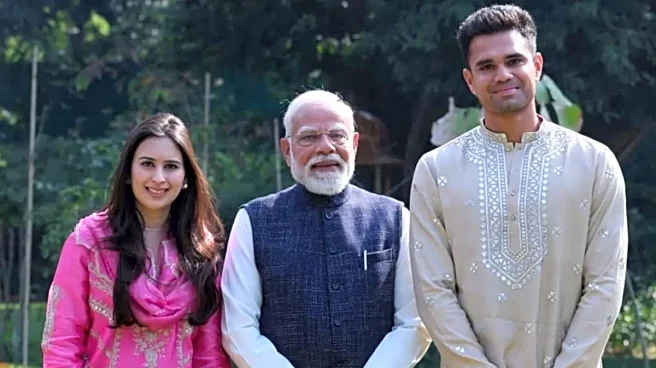In a representation submitted to Finance Minister Nirmala Sitharaman, the industry body said the sector continues to face tax disputes arising from interpretational ambiguities since the introduction of GST in 2017. It requested the government to invoke Section 11A of the CGST Act, 2017, introduced through the Finance (No. 2) Act, 2024, to regularise pending disputes.
According to FHRAI, many demand notices issued to hotels were based on differing interpretations of “declared tariff” versus “transaction value,” and on inflated rates displayed by online travel agencies that included commissions. The association noted that such disputes were not cases of tax evasion but resulted from technical inconsistencies during the initial years of GST implementation.
“The sector continues to be burdened with disputes arising from interpretational issues rather than non-compliance,” FHRAI said, urging the government to regularise all such cases on an “as-is” basis and issue clarifications for instances where services were not rendered or payments not received.
Seeks restoration of ITC benefits
FHRAI also raised concerns over the withdrawal of ITC benefits following the rate revision that reduced GST on hotel rooms priced below ₹7,500 from 12% to 5%. While acknowledging the move’s intent to make hospitality services more affordable, the association said the loss of ITC has increased operational costs for mid-scale hotels due to unrecoverable input taxes on rent, maintenance, and supplies.
The body has recommended restoration of ITC even at the 5% rate, recognition of hotel rooms as “plant and machinery” for credit eligibility, and revision of the current ₹7,500 tariff threshold to ₹12,500 in line with inflation and currency depreciation since 2017. It also called for transitional guidelines to ensure uniform compliance and avoid future disputes.
Delinking F&B GST from room tariffs
The association further sought to delink restaurant GST rates from hotel room tariffs, arguing that the current framework—where restaurants in hotels with room tariffs above ₹7,500 charge 18% GST with ITC and those below the threshold charge 5% without ITC—creates operational disparities and compliance challenges.
FHRAI proposed allowing all hotel-based restaurants to choose between 18% GST with ITC or 5% without ITC, regardless of room tariff categories. It said that linking restaurant GST rates with accommodation pricing distorts market dynamics, discourages tariff flexibility, and limits revenue potential.
A study conducted by the FHRAI Centre of Excellence for Research in Tourism & Hospitality (CERTH) found that relaxing the ₹7,500 threshold could allow mid-segment hotels to increase tariffs during high-demand periods, potentially raising annual GST collections by over ₹4,000 crore.
Industry perspective
“The hospitality sector has always been a reliable partner in India’s economic growth, yet GST anomalies continue to create unnecessary strain,” said Surendra Kumar Jaiswal, President, FHRAI.
“Regularising past dues, restoring ITC benefits, and delinking F&B GST from room tariffs are essential steps to establish a fair and transparent tax system. These reforms will simplify compliance, generate higher revenues for the government, and strengthen the foundations of our industry.”
FHRAI said the proposed reforms will help reduce litigation, restore business confidence, and align with the government’s ‘Viksit Bharat @ 2047’ vision. A simplified, consistent, and equitable GST framework, it added, would enhance India’s competitiveness as a global tourism destination and support sustainable growth in the country’s hospitality sector.
/images/ppid_59c68470-image-176045269340470455.webp)

/images/ppid_a911dc6a-image-177078063816134902.webp)

/images/ppid_59c68470-image-177078010227674040.webp)
/images/ppid_59c68470-image-177078007003694796.webp)
/images/ppid_59c68470-image-177078013509370726.webp)
/images/ppid_59c68470-image-17707800326593461.webp)


/images/ppid_a911dc6a-image-177077884378925186.webp)
/images/ppid_59c68470-image-177077760046699504.webp)
/images/ppid_59c68470-image-177077752738996998.webp)
/images/ppid_59c68470-image-177077764100798849.webp)